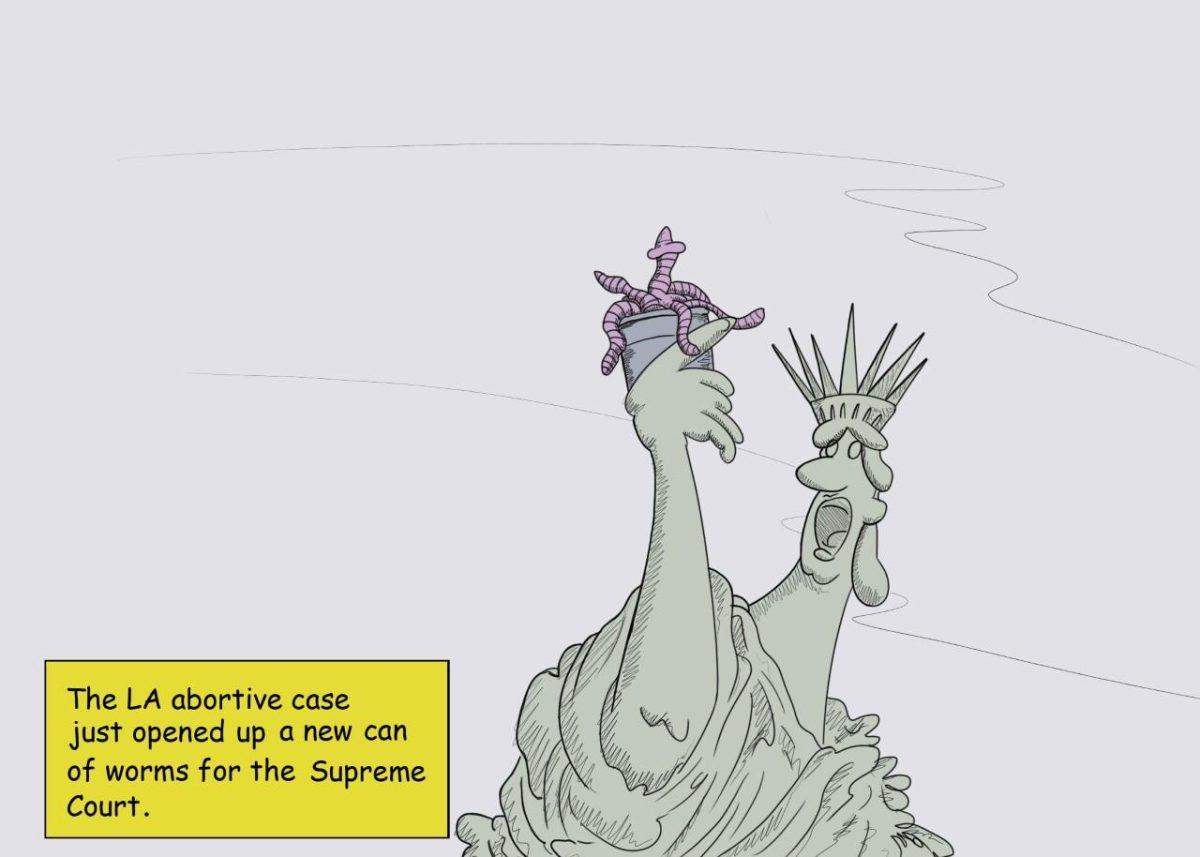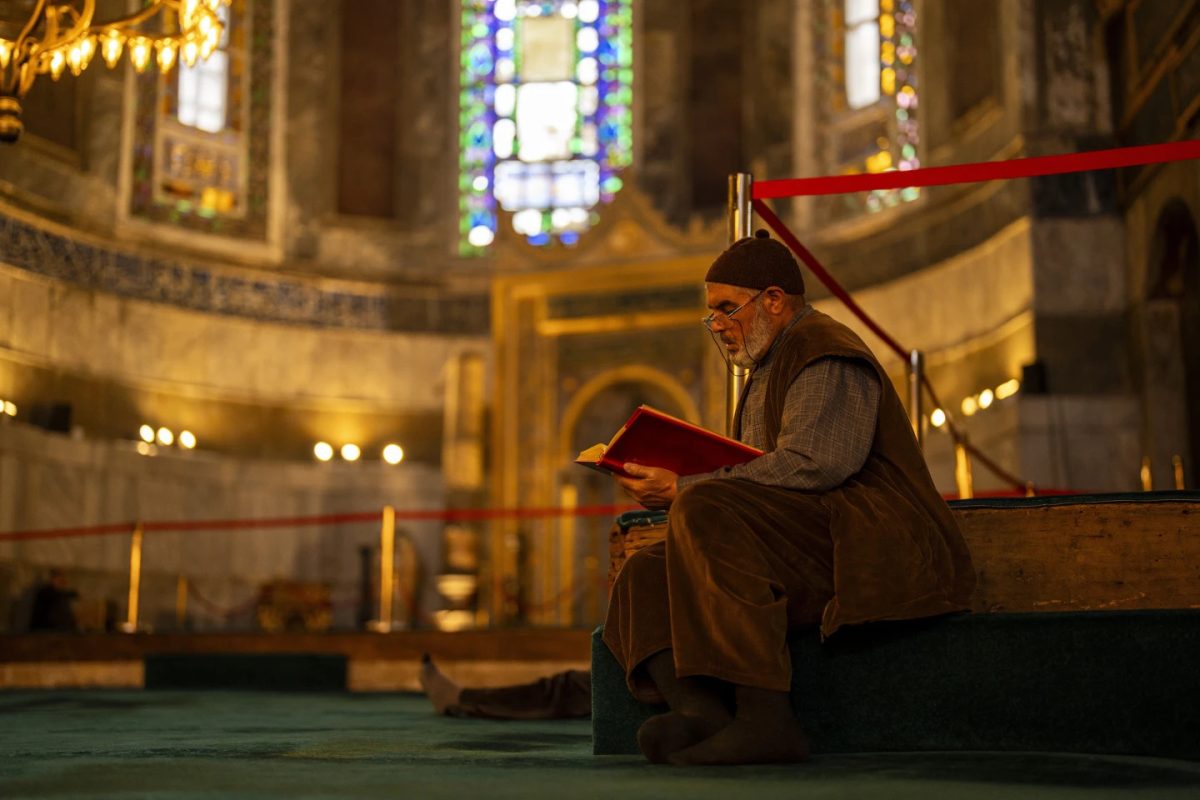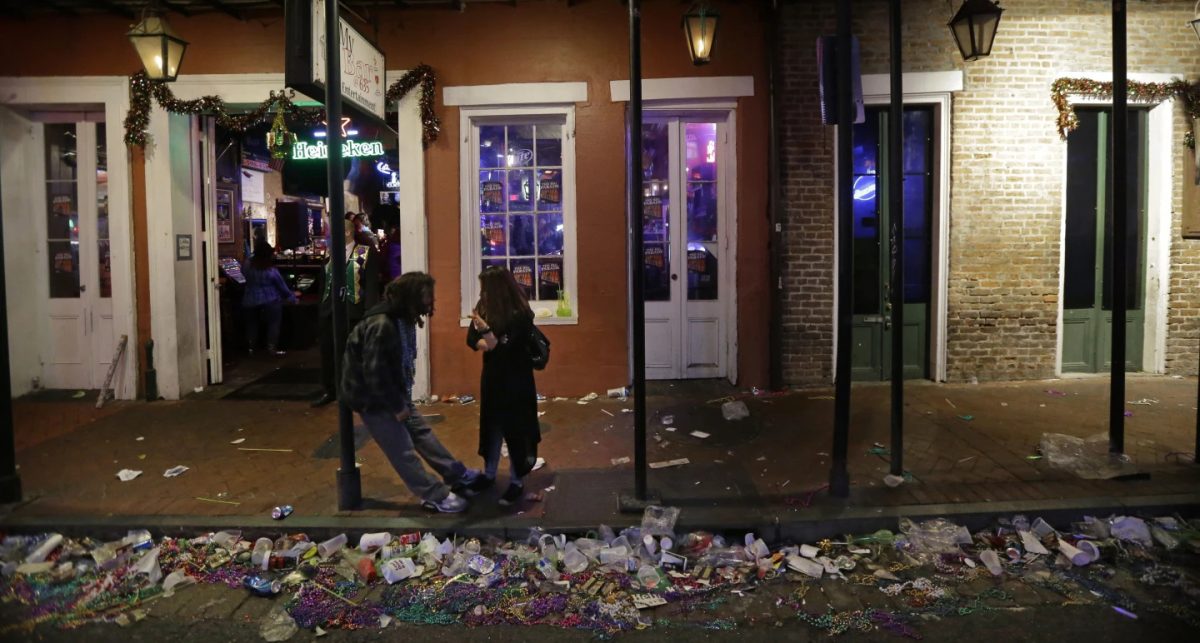On March 4, 2020, barely a week ago, the United States Supreme Court heard a case to determine the constitutionality of a 2014 Louisiana law that bans doctors from performing abortions if they do not have admitting privileges with local hospitals.
The law presents itself as a benevolent attempt to ensure that Louisiana women receive the safest abortions possible. Doctors with admitting privileges can directly admit and care for patients in local hospitals, so the law seemingly prevents quacks from botching abortions and harming vulnerable women.
The reality, however, is much more sinister. The law does little more than threaten the existence of the last three abortion clinics in Louisiana, all three of which are legal and incredibly safe.
Even competent, skilled doctors can be denied admitting privileges, as these privileges are rewarded on more of a financial basis than a medical one. Doctors who “routinely admit significant numbers of patients for treatment” are often granted admitting privileges since they ensure a steady stream of patients (and revenue) for a hospital.
Given that only 0.25% of women receiving abortions must be hospitalized due to complications, few, if any, hospitals would be willing to grant admitting privileges to doctors providing abortions. In the rare event that an abortion procedure would lead to hospitalization, a patient could be sent to a hospital regardless of the admitting privileges of their doctor.
In 2017, more than 9,920 women sought abortions in Louisiana. With the implementation of the admitting privileges law, “only two of the six doctors currently providing abortions in the state would be able to continue to do so.” According to NPR, “one of those has said he would retire under those circumstances.” It is impossible for one doctor to treat 9,920 patients a year with the care and attention that each patient deserves.
In 2016, the Supreme Court ruled that a Texas law with similar restrictions on abortion was unconstitutional due to the “undue burden” it placed on abortion seekers. Since Roe v. Wade, women have a constitutional right to choose to have an abortion, and stringent laws on admitting privileges and other loopholes are thinly veiled attempts to limit abortion access.
Instead of protecting women, as these laws claim to do, they turn a private, safe procedure into a political battleground that harms women. As abortion clinics are increasingly shutting down due to restrictive regulations, women face longer wait times at the handful of clinics still operating.
Delaying an abortion increases its cost and danger. Poor women, those with the least resources to adequately care for a child, are the most likely to be denied an abortion, forcing them to face the danger of childbirth. Some women who are turned away by overextended clinics must then turn to illegal, unsafe abortions.
Despite the precedent set by the 2016 ruling, the recent addition of conservative Justices Brett Kavanaugh and Neil Gorsuch means that it is unclear how the court will rule. I hope these justices set aside their political affiliations and realize that they are deciding on the future safety of their nation’s women.
Cécile Girard is a 20-year-old psychology major from Lake Charles, Louisiana.
Opinion: The Louisiana abortion law creates unfair obstacles for women, dangerous and obstructive
March 10, 2020
Abortion case







